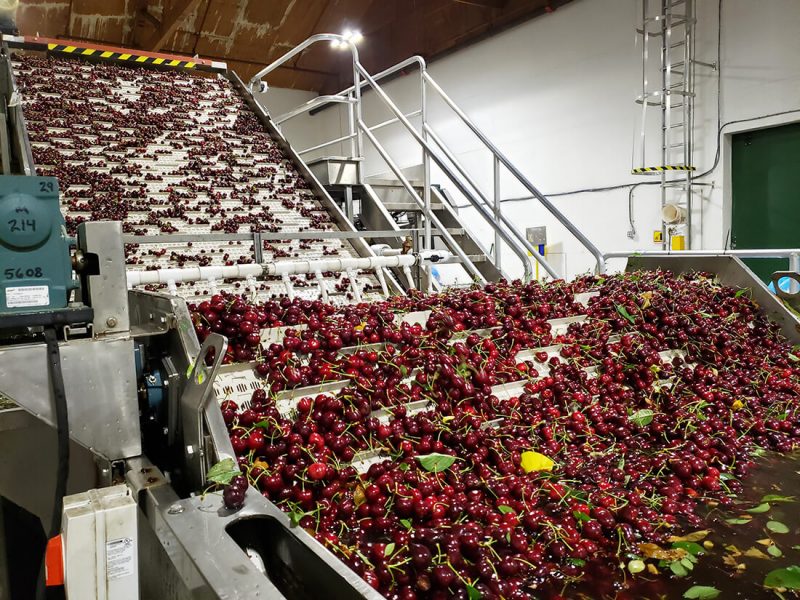Representatives of BC fruit growers had a conference call with Canadian Food Inspection Agency officials yesterday to discuss new protocols for shipments of fresh produce to the European Union.
The new regulation comes into effect September 1 and requires a systems approach to certification of fresh apples, pears, cherries, blueberries (and related species), potatoes and tomatoes. BC exported more than $7 million worth of these products to the EU in 2018.
While the EU informed its trading partners of the new rule in December 2018, federal officials informed growers across Canada of the requirements on August 22, 10 days prior to their implementation. The announcement caught them off-guard.
“I’ve not heard of this before,” said Glen Lucas, general manager of the BC Fruit Growers Association. “To say, ‘We’re going to cut off all imports on September 1 is unusual.’”
The discussion with CFIA officials this week will begin to chart a way forward. Growers are optimistic that pest protocols in place for other trading partners will be a solid foundation for whatever the EU requires.
However, there are uncertainties.
The new UK government has set a hard deadline of October 31 for the country’s departure from the EU. The effect this will have on shipments of fresh produce is unknown, but exporters are advised to ensure shipments have a valid phytosanitary certificate or that the UK receiving facility is a properly designated Place of First Arrival (PoFA).
A plant health certificate will be mandatory for virtually all plant products shipped to the EU under a new plant health regulation that takes effect December 14.
Sukhpal Bal, president of the BC Cherry Association, says having a single protocol would make sense for growers, who often spend more time tending to paper than trees.
“It will be important that we have an arrangement with them,” Bal said regarding the continuity of trade with the UK post-Brexit. “We don’t want to have all these chopped up different agreements.”


 Okanagan farmland sales rise
Okanagan farmland sales rise